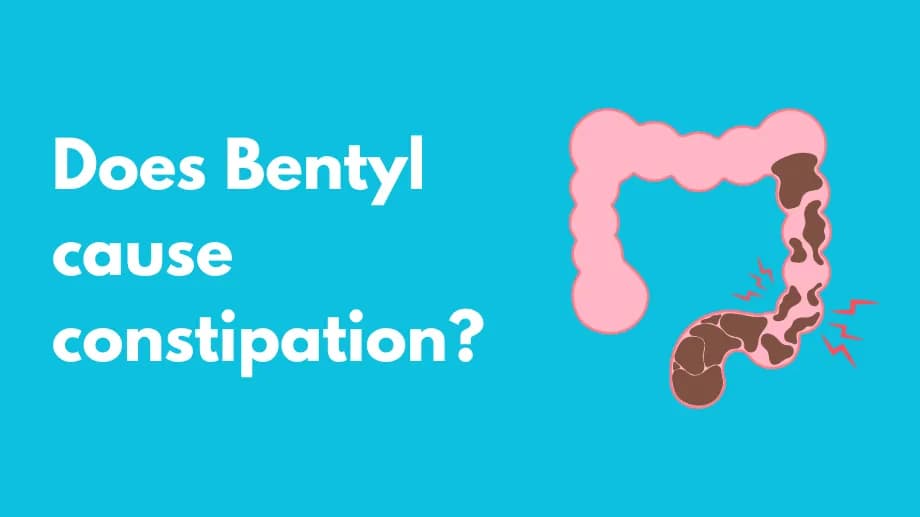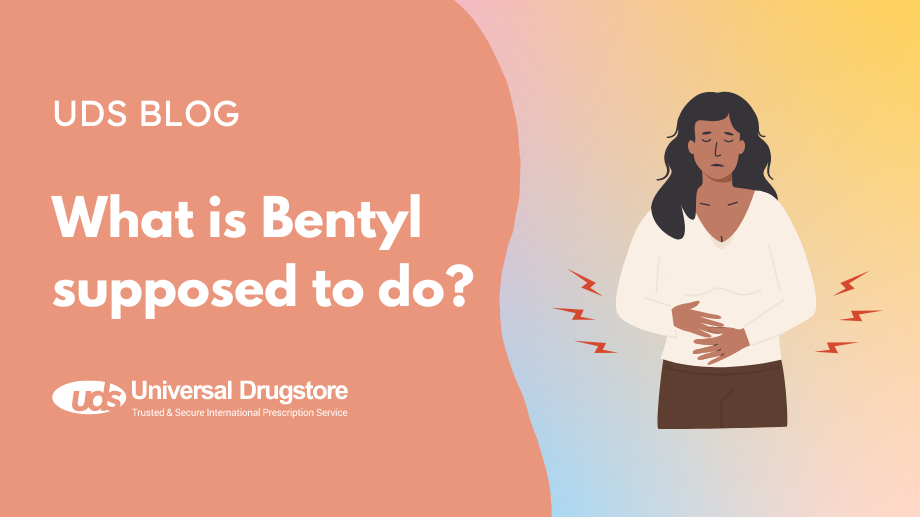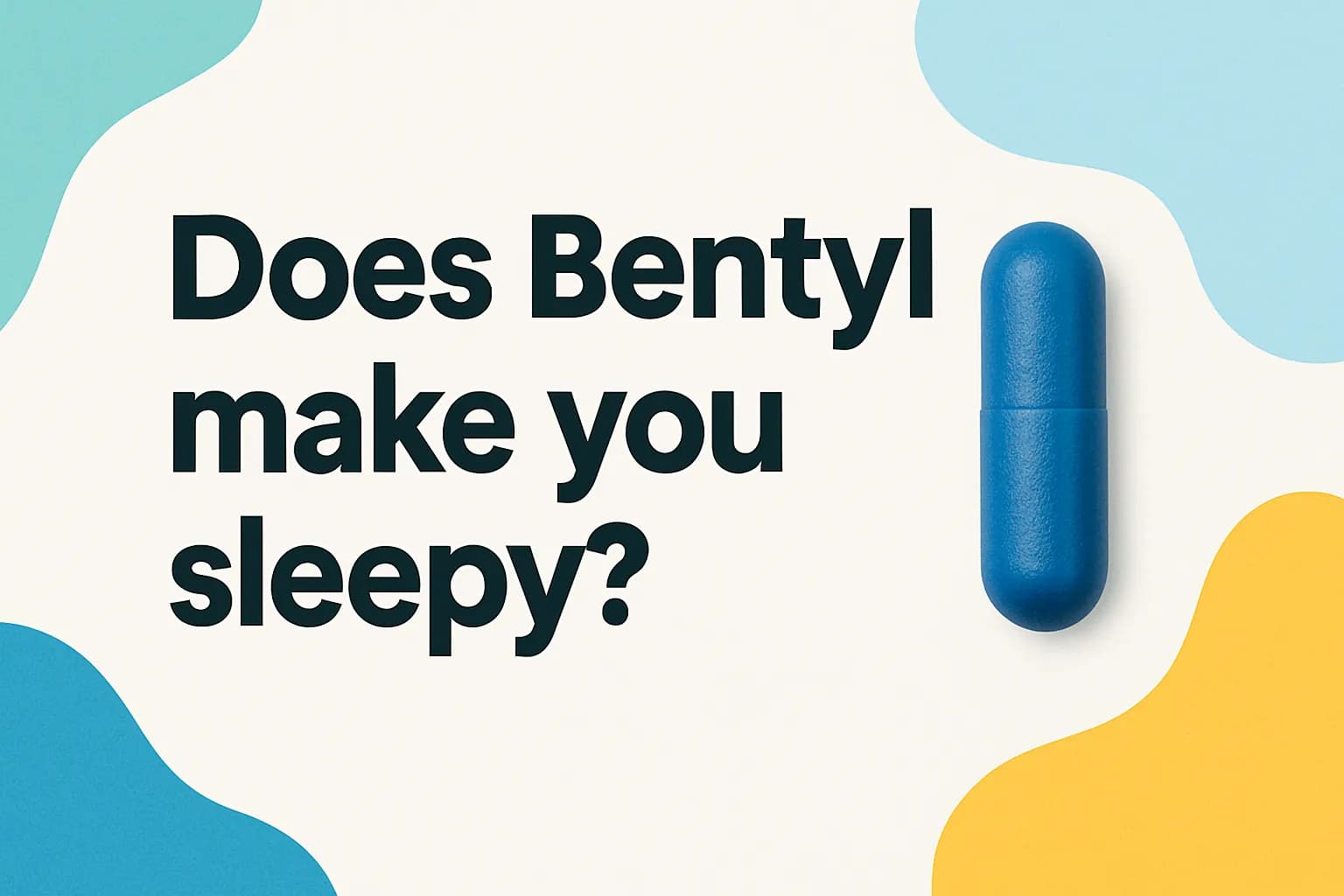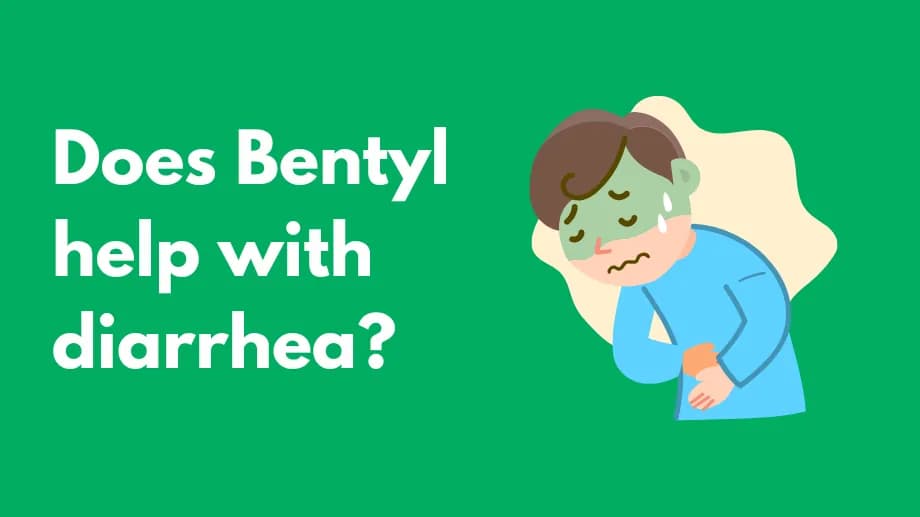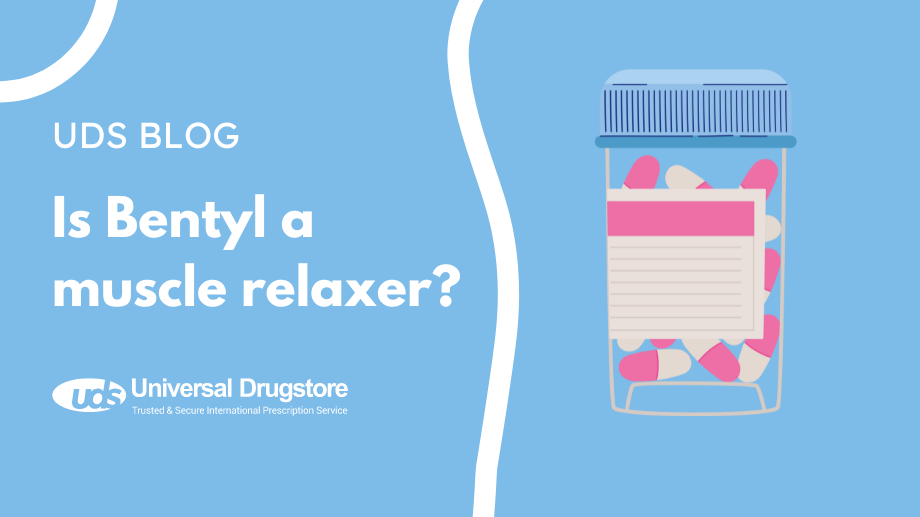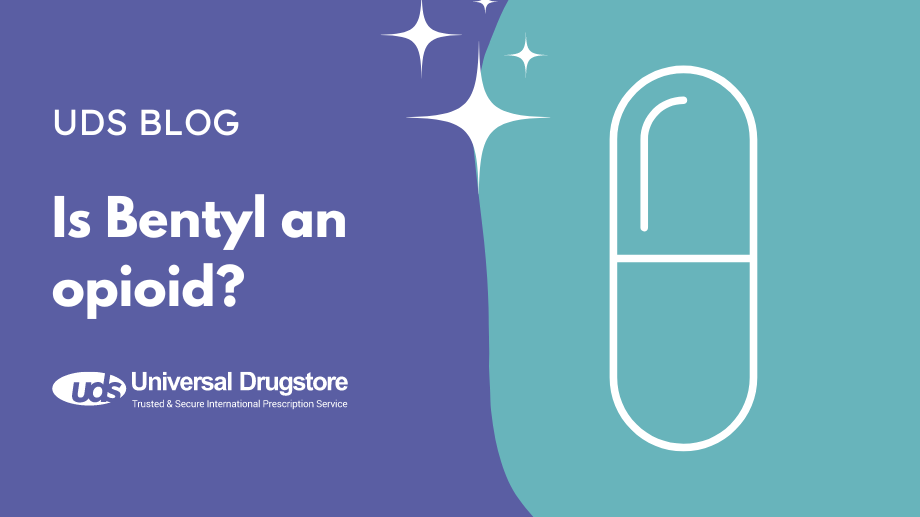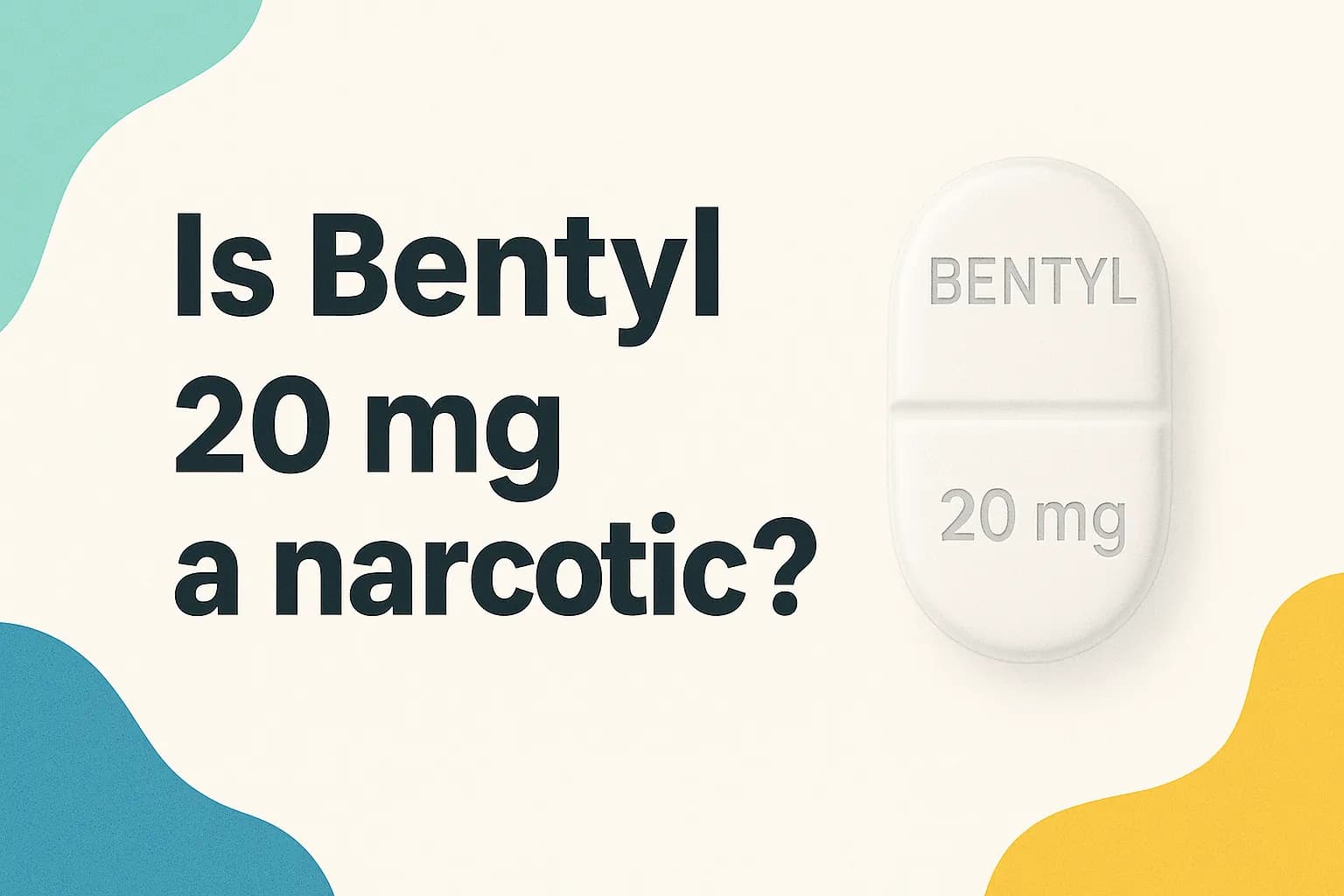Is Bentyl 20 mg a narcotic?
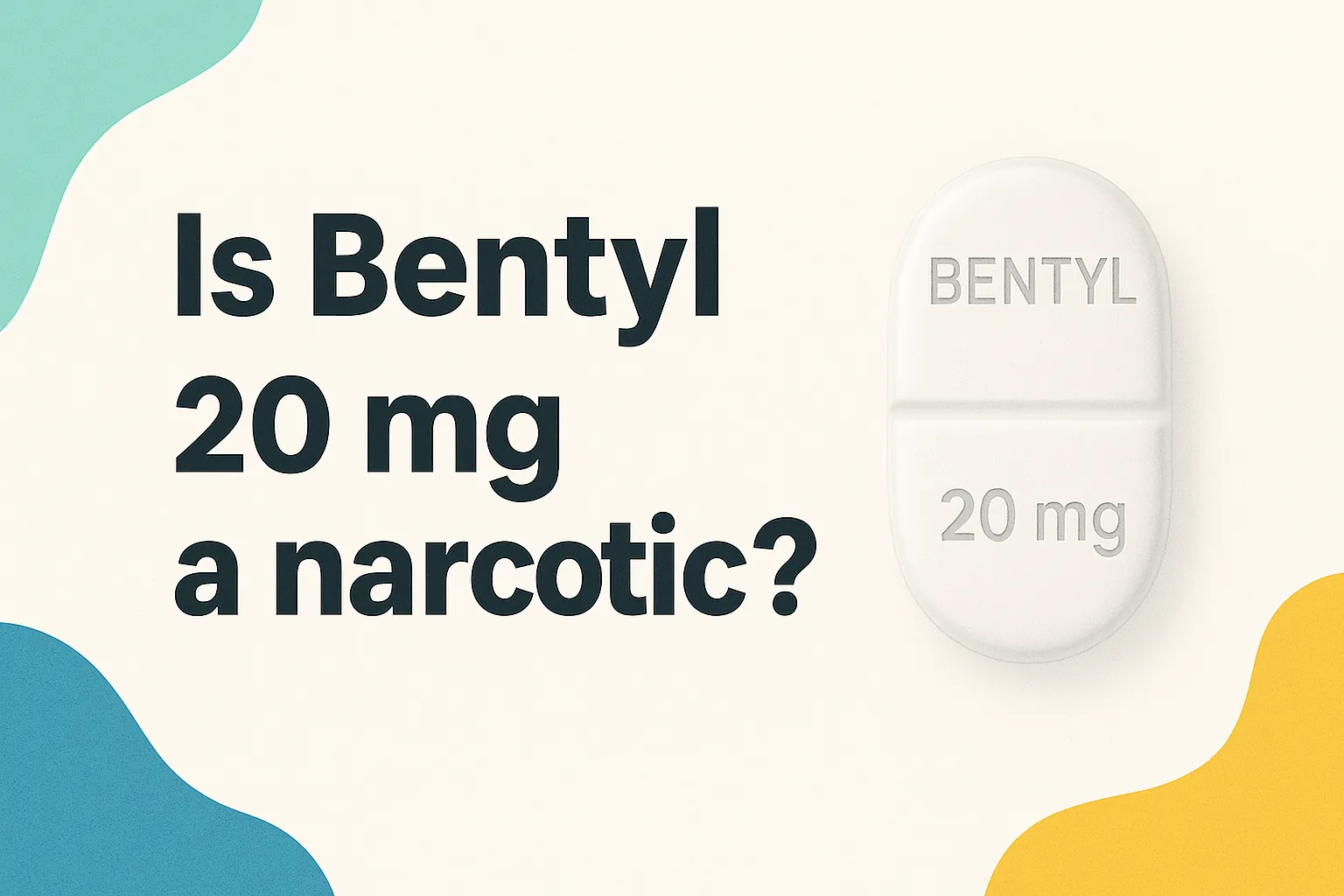
Although some people still refer to all drugs as narcotics, today narcotic typically refers to a class of medications called opioids. Examples include the illicit drug heroin and prescription medications like oxycodone, hydrocodone, codeine, morphine, methadone, meperidine, and fentanyl. These medications work in your brain to produce a variety of effects and are used mostly to treat moderate to severe pain, though some may be used to treat coughing and diarrhea. They are typically only used as a short-term treatment because they can cause tolerance, dependence, and addiction.
Tolerance occurs when you have to take more and more of the drug to achieve the same effects. If you use narcotics over a long period of time, your body may become dependent on them. If you then suddenly stop taking the medication, you can experience withdrawal symptoms such as nausea, vomiting, diarrhea, muscle pain, anxiety, irritability, dilated pupils, runny nose, sweating, stomach cramps, and goosebumps. You can also get a serious addiction to narcotics. When you are addicted, you will compulsively seek out these medications. Your behavior usually leads to negative consequences at home, work, or school. If you think that you or someone you know is showing any signs of addiction, talk to a healthcare professional or call SAMHSA’s National Helpline at 1-800-662-HELP (4357).
Bentyl (dicyclomine hydrochloride) is not a narcotic medication. It is an anticholinergic and antispasmodic that is used to treat symptoms of irritable bowel syndrome (IBS). It works by blocking a chemical called acetylcholine from attaching to receptors in your gastrointestinal tract (stomach and intestines). Typically, acetylcholine causes the muscles in your gut to contract. By blocking acetylcholine, Bentyl relaxes the smooth muscles in your stomach and intestines to relieve bloating, cramping, and pain from IBS.
It is extremely rare for you to become addicted to Bentyl, but some studies have shown that you can become dependent on it. This usually only occurs if you take more Bentyl than prescribed. Overuse causes your body to become so used to the medication that you may experience withdrawal symptoms such as dizziness, sweating, and vomiting if you suddenly stop taking Bentyl. To prevent withdrawal symptoms, your healthcare provider may slowly reduce your dose. It is very important to use this medication exactly as your healthcare provider prescribed it.
Keep reading to learn all of the important information about Bentyl you should know before talking with your healthcare provider to find out if it is right for you.
What are the side effects of Bentyl?
The most common side effects of dicyclomine include:
- Dizziness or lightheadedness
- Dry mouth
- Blurred vision
- Nausea
Some other less serious side effects of Bentyl that may occur include:
- Drowsiness or sedation
- Weakness
- Nervousness
- Constipation
Some people can experience serious side effects while using Bentyl that may require immediate medical attention. If you experience any of the following, contact your healthcare provider or seek assistance at your nearest hospital:
- Serious allergic reactions (symptoms could include skin rash, hives, swelling of the face, lips, and tongue, and trouble breathing)
- Increased heart rate
- Mood changes (confusion, memory loss, distress, hallucinations, or extreme happiness)
- Decreased sweating
- Severe muscle weakness
- Trouble urinating
- Gut problems (especially if you have a colostomy or severe ulcerative colitis)
These are not all of the possible adverse effects of Bentyl. Always seek medical advice from your healthcare provider for any questions or concerns about your medical condition or treatment. Read all patient information, medication guides, or drug information sheets provided. Report adverse effects to the FDA at www.fda.gov/medwatch or 1-800-FDA-1088.
Does Bentyl interact with other medications?
Inform your healthcare provider about all medications, vitamins, and supplements you take, especially:
- Antacids
- Other anticholinergic drugs
- Antiarrhythmic medications
- Antidepressants
- Benzodiazepines
- Antipsychotics
- Corticosteroids
- Motility drugs
- Glaucoma drugs
- Gocovri (amantadine)
- Antihistamines
What is the usual dosage of Bentyl?
Bentyl typically starts at 20 mg orally four times daily for adults, possibly increasing to 40 mg after one week. Doses differ for children and infants. Follow your healthcare provider’s instructions carefully.
Are there any medical conditions that require a dose adjustment?
You may need a dosage adjustment or additional monitoring if you have conditions such as myasthenia gravis, reflux esophagitis, blockages, glaucoma, prostate issues, overactive thyroid, kidney/liver issues, nervous system problems, food poisoning, or heart conditions. Bentyl should not be taken if breastfeeding.
Related Medications
- Levsin SL (hyoscyamine sulfate)
- Amitiza (lubiprostone)
- Linzess (linaclotide)
- Viberzi (eluxadoline)
- Xifaxan (rifaximin)
- Imodium (loperamide)
Sources
- Dicyclomine hydrochloride. DailyMed.
- Irritable bowel syndrome. National Institute of Diabetes and Digestive and Kidney Diseases.
- Dicyclomine. Medscape.
- Narcotics Drug Fact Sheet. Drug Enforcement Agency.
